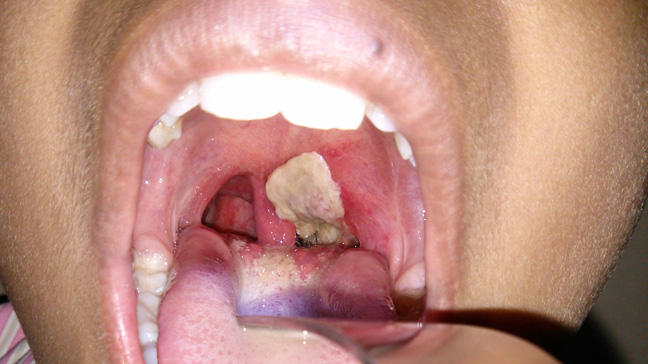FCTA takes measures against diphtheria
The FCT Executive Committee (FCT EXCO) has directed that necessary pre-emptive measures be taken against the emergence of the deadly childhood disease, diphtheria, by all health agencies in the territory. The Director, Information and Communication in the FCTA, Muhammad Sule, in a statement on Tuesday, said that the FCT EXCO gave the directive at its […]

Diphtheria
The FCT Executive Committee (FCT EXCO) has directed that necessary pre-emptive measures be taken against the emergence of the deadly childhood disease, diphtheria, by all health agencies in the territory.
The Director, Information and Communication in the FCTA, Muhammad Sule, in a statement on Tuesday, said that the FCT EXCO gave the directive at its meeting held in Gwarinpa District.
Sule explained that the EXCO also directed the health and human services secretariat to ensure increased surveillance, awareness creation and sensitisation to curb the risk of the disease.
He said the EXCO further urged the secretariat to liaise with the area councils to convene an emergency meeting with relevant technical partners and work out modalities to effectively counter the disease.
- Security guard stoned to death while separating fight in Ondo
- Atiku woos Delta voters, pledges to revive economy
He noted that, “This has become necessary as cases have been reported in some states around the FCT.”
Sule that diphtheria was a bacterial infection caused by an organism referred to as corynebacterium diphtheria which affected the throat, nose and sometimes skin of unvaccinated children, and rarely, adults with poor immunity.
He said, “The symptoms of the disease include fever, runny nose, sore throat, cough, red eyes, neck swelling and difficulty in breathing.
“Diphtheria spreads easily among people through direct contact with infected people, droplets from coughing or sneezing and contact with contaminated clothing and objects.
“The people most at risk are the unvaccinated and those who live in crowded areas and/or where there is poor sanitation.
“To reduce the risk of contracting the disease, children are expected to get fully vaccinated with three doses of the pentavalent vaccine as recommended in the National Childhood Immunisation Schedule.”
